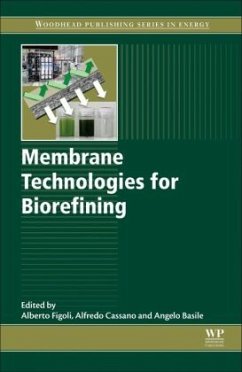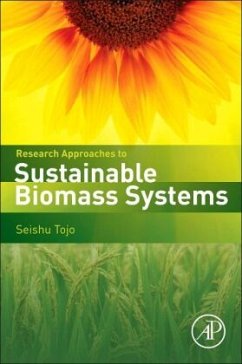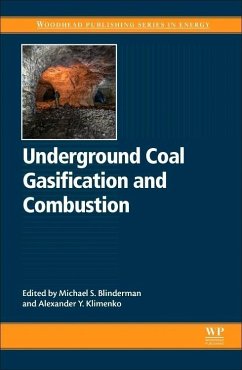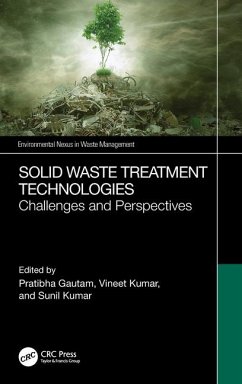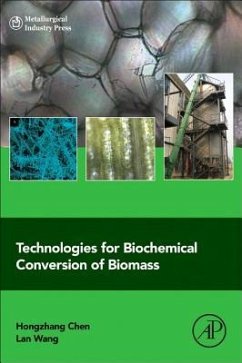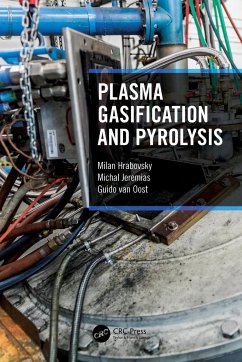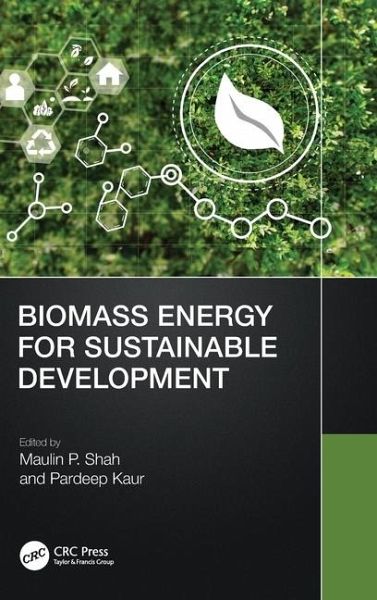
Biomass Energy for Sustainable Development
Versandkostenfrei!
Versandfertig in 6-10 Tagen
107,99 €
inkl. MwSt.
Weitere Ausgaben:

PAYBACK Punkte
54 °P sammeln!
The potential future fluctuations in energy security and potential climate change impacts require an emphasis on clean and renewable energies to safeguard the environment as well as economic livelihoods. The current recalcitrant nature of biomass processing has led researchers to find the most suitable technique for its depolymerization, as well as various strategies to pretreat the biomass which include physical, thermochemical, and biochemical methods and a combination of these. Biomass Energy for Sustainable Development examines how optimal biomass utilization can reduce forest management c...
The potential future fluctuations in energy security and potential climate change impacts require an emphasis on clean and renewable energies to safeguard the environment as well as economic livelihoods. The current recalcitrant nature of biomass processing has led researchers to find the most suitable technique for its depolymerization, as well as various strategies to pretreat the biomass which include physical, thermochemical, and biochemical methods and a combination of these. Biomass Energy for Sustainable Development examines how optimal biomass utilization can reduce forest management costs, help mitigate climate change, reduce risks to life and property, and help provide a secure, competitive energy source into the future.
Features:
Provides a comprehensive review of biomass energy and focuses on in-depth understanding of various strategies to pretreat biomass including physical, chemical, and biologicalExplores multidisciplinary, novel approaches including AI for furthering the understanding and generation of models, theories, and processes in the field of bioenergyCovers the sustainable development goals for bioenergy, including the related concepts of bioeconomy and the potential environmental impact from reliance on bioenergy
Features:
Provides a comprehensive review of biomass energy and focuses on in-depth understanding of various strategies to pretreat biomass including physical, chemical, and biologicalExplores multidisciplinary, novel approaches including AI for furthering the understanding and generation of models, theories, and processes in the field of bioenergyCovers the sustainable development goals for bioenergy, including the related concepts of bioeconomy and the potential environmental impact from reliance on bioenergy







